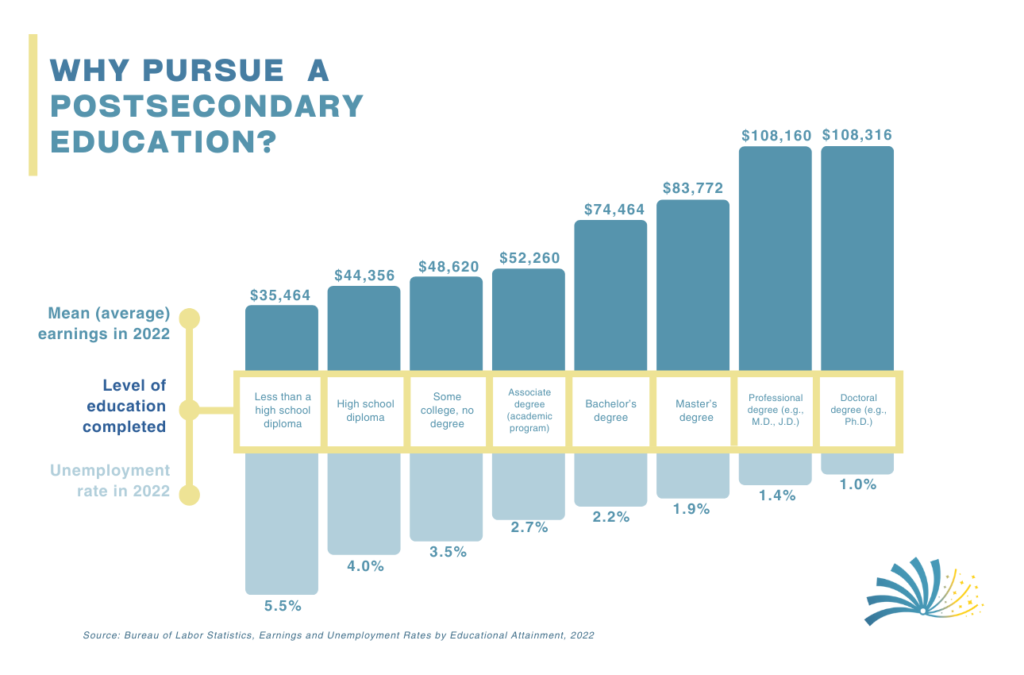FOSTER YOUTH & POSTSECONDARY
Foster youth understand that a postsecondary education is important, but need support to overcome the emotional and financial barriers.
ADDITIONAL CHALLENGES
The instability faced by foster youth while in care makes it extremely difficult to transition to a postsecondary setting.
LONG-TERM IMPACT OF FOSTER CARE
Without intervention from a program like Guardian Scholars at Forward Steps, youth who have experience in foster care face disproportionate instability after they exit the system.

Psychological Impact of Foster Care
- 5× more likely to suffer from PTSD.
- 7× the rate of drug dependence than peers.
- 2× the rate of alcohol dependence than peers.
Social Barriers
- 54% Unemployment rate by 26 compared to 20% of peers.
- 75% of females and 33% for males rely on public assistance to meet basic needs.
- 25% reported being homeless at least once in the four years since emancipation.


Generational Barriers
- 50% of women had one child by the age of 21, 2x that of peers.
- 1 in 6 women transitioning out of foster care who were not enrolled in college cited the need to care for children as the most important reason.

Financial support alone is not enough to increase rates of postsecondary persistence; mentor support and a sense of community are also critical factors.
The Guardian Scholars program is designed to support scholars’ basic needs and unmet education costs through financial assistance (up to $3000/semester per scholar) while providing 1:1 mentoring and resource navigation with trauma informed trained staff. The program also focuses heavily on building community among participants through advocacy training and scholar led group activities.

JOIN OUR MAILING LIST
Sign up for Forward Steps news and upcoming events here.

